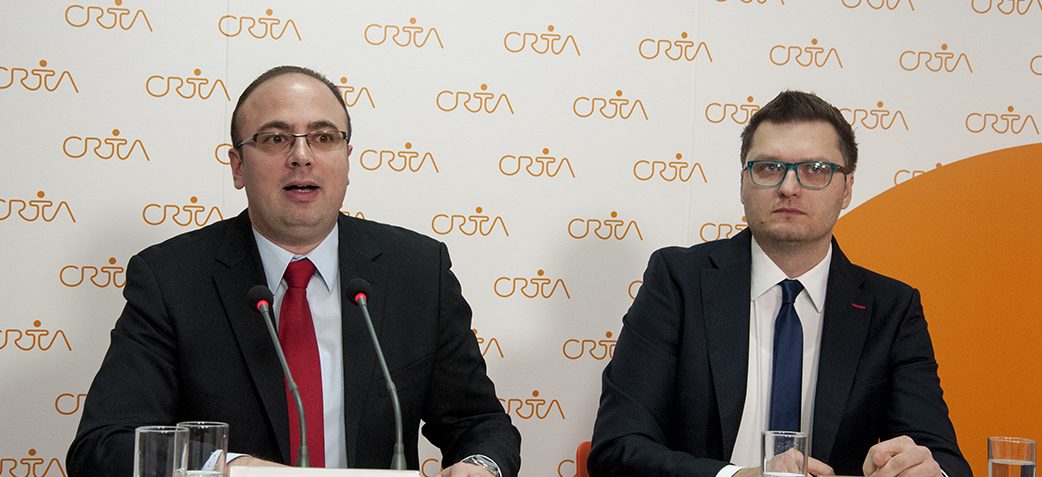Election Day Not in Accordance with Democratic Standards for Free and Fair Elections
 Foto – Crta
Foto – Crta
The quality of election process on the Election Day was not in line with international standards for free and fair elections. Serious breaches of electoral procedures were recorded at eight percent of polling stations, while occurances such as evidencing voters in parallel lists and bringing groups of voters to polling stations to cast a vote were recorded in front of seven percent of polling stations, the CRTA election observation mission stated. In comparison with 2017 presidential and 2016 parliamentary elections, the percentage of recorded irregularities at polling stations is higher.
„If authorized institutions again fail to address and resolve identified problems and eliminate root causes of election irregularities immediately, we can expect the increase in the percentage of electoral breaches in the following election cycles that could seriously influence the results of elections“ – Rasa Nedeljkov, CRTA election observation Chief of Mission stated.
During the Election Day, CRTA observers recorded irregularities such as evidencing voters not registered in the voters list in parallel lists at the polling station, the use of mobile phones and taking photographs of voters, not placing the control ballot into the ballot box at the beginning of the voting process, discrepancy in the number of ballots in the ballot box and number of citizens who voted, voting without a valid identification document, not checking voters’ identification documents prior to voting, not using the invisible spray, as well as the breaches of secrecy of voting. Irregularities related to the voters list were recorded at Belgrade elections as well. Cases where citizens were not able to find their names in the voters list were recorded at 37 percent of polling stations, including one polling station where six such cases were recorded.
According to 100 percent of processed data within the CRTA’s election observation sample, CRTA’s final projection of election results shows that four electoral lists have passed the threshold: the list “Aleksandar Vucic – Zato sto volimo Beograd“ – 44,96 percent, the list led by Dragan Djilas – 19 percent, the list led by Aleksandar Sapic – 8,88 percent and coalition SPS-Jedinstvena Srbija – 6,11 percent.
Considering percentages of votes for two lists that won majority of votes, the abovementioned eight percent of recoded irregularities have not fundamentally influenced their election results, but have rather had higher influence on election results of lists that won lower number of votes, however not in the percentage that could bring them closer to pass the threshold. A total number of votes for lists that have not passed the threshold is 19,5 percent, which means that around 160 thousand of citizens who voted in Belgrade elections will remain without representatives in the Belgrade City Council.
During the Election Day, the safety of CRTA observers was endangered in two recorded cases. Incident in front of the polling station at Novi Beograd occurred when unidentified male person phisically assaulted a member of the CRTA’s mobile team who observed developments outside of the polling station. An assault happened when CRTA observers attempted to document cases of evidenting voters in separate lists in front of the polling station and potential vote buying. Another incident occurred when CRTA observer discovered parallel list of voters at the polling station, which represents the violation of election procedures. Following the closing of polling stations, CRTA observers were restricted to monitor the vote count at three polling stations. Although a half an hour later observers were ultimatelly allowed to observe this process at two polling stations, these developments disable observers to evidence and report on the accuracy of voting results from these polling stations, since they were not present at the polling stations the entire period of the vote count process.
CRTA election observation mission monitored the Election Day at a random and representative sample of 450 polling stations, while its mobile teams followed election developments in front of polling stations. CRTA is a member of the global and European networks of election monitoring organizations – GNDEM and ENEMO.








